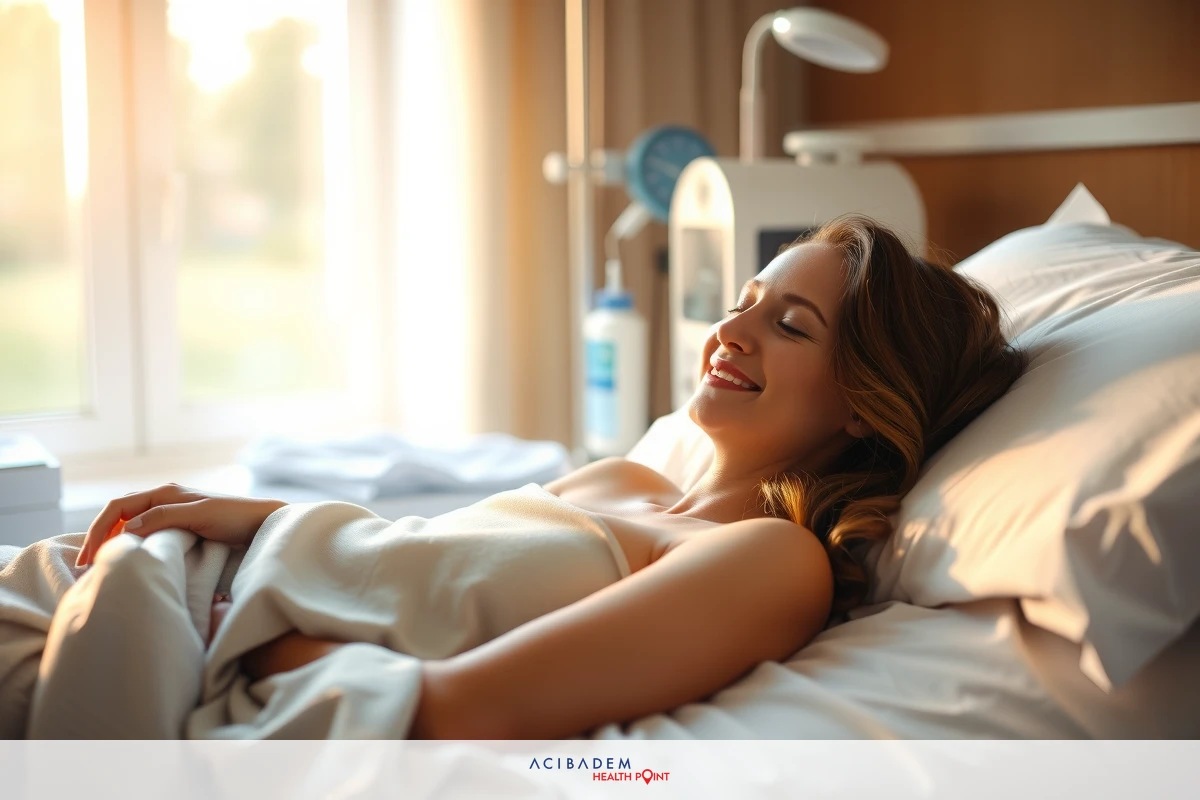How Long After Rhinoplasty Can I Sneeze
How Long After Rhinoplasty Can I Sneeze Rhinoplasty often prompts questions concerning the recovery period. One common concern involves sneezing post-surgery. The act of sneezing might seem mundane but after undergoing nasal operation, it becomes a topic worthy of discussion and careful consideration.
The timeframe for resuming normal activities such as sneezing varies among patients due to individual healing processes and the specifics of their procedure. Tips and strategies also exist that can help minimize discomfort while protecting your healing process when you need to release an unexpected sneeze. Through this guidance, rhinoplasty patients can navigate their recovery with increased confidence and knowledge.
Recovery Period After Rhinoplasty
The healing process following rhinoplasty, often referred to as the recovery period, is a crucial phase that involves careful attention and patience. Understanding this post operative period can significantly aid patients in managing expectations and preparing for the journey ahead. The typical timeline varies from one individual to another due to multiple factors such as their overall health status, age, and even lifestyle habits like smoking.
It’s important to note that the initial phase of recovery after nose surgery usually lasts about two weeks. During this time, swelling and bruising are expected on both internal and external parts of the nose which might cause discomfort but these symptoms gradually subside with proper rest and care. Patients are generally advised not to engage in strenuous activities during this stage since it may exacerbate inflammation or lead to complications.
As weeks pass by after rhinoplasty surgery, signs of healing become more apparent. Residual swelling continues reducing allowing patients to observe improvements in their nasal shape progressively. Despite visible enhancements at this point, complete recovery takes longer – commonly around 12 months or sometimes even up to two years for complex cases involving extensive restructuring or revision surgeries.
When Can I Safely Sneeze After Rhinoplasty
When it comes to sneezing after rhinoplasty, there is no definitive timeline that applies universally. The specifics of your surgery and individual healing process can influence when you’ll feel comfortable resuming such normal activities. Nonetheless, some general guidance exists which may alleviate concerns about this natural reflex post surgery.
In the initial days following nose surgery, patients might experience heightened sensitivity in their nasal region due to swelling and bruising. During these early stages of recovery period, the act of sneezing could potentially cause discomfort or even pain for some individuals. However, many surgeons recommend a simple strategy: if you feel a sneeze coming on during this sensitive time period, try to redirect it through your mouth instead of letting it out through your nose.
As one progresses further into the post-operative period after rhinoplasty – typically around two weeks onwards – they should start feeling more at ease with everyday actions like sneezing without experiencing significant discomfort or fear of causing harm to their newly operated nose structure. It’s important though not to force or suppress a sneeze entirely as doing so could lead to unnecessary pressure build-up internally which isn’t conducive for healing either.
Tips for Sneezing Safely After Rhinoplasty
Navigating the need to sneeze after undergoing rhinoplasty can seem daunting at first. The post-operative period following nose surgery is delicate, and it’s only natural to worry about causing harm or discomfort when a sneeze takes you by surprise. Yet, some practical strategies can help protect your healing process while minimizing any

associated discomfort.
- Sneeze with Your Mouth Open: By allowing the force of the sneeze to exit through your mouth rather than your nose, you can reduce pressure on your healing nasal passages.
- Avoid Suppressing Your Sneeze Entirely: While it may be instinctual to try and stop a sneeze, this could lead to increased internal pressure which isn’t conducive for healing.
- Keep Tissues Handy: In case of an unexpected sneeze during recovery from rhinoplasty, having tissues available helps manage any discharges without disturbing surgical areas.
- Stay Hydrated: Keeping yourself well-hydrated aids in maintaining moist nasal passages which might help lessen irritation that often triggers a sneeze.
- Limit Exposure To Allergens And Irritants: Reducing exposure to dust, pollen or other potential allergens in your environment can decrease the likelihood of frequent sneezing during post-operative period.
Remember, these are general tips and what works best will vary between individuals based on their specific circumstances surrounding their rhinoplasty procedure and personal comfort levels during recovery phase.
Frequently Asked Questions
How long will I need to take off work after rhinoplasty?
The general recommendation is usually one to two weeks, depending on the specifics of your surgery and how quickly you heal. However, it's important to consult with your surgeon for a more personalized timeline.
Can sneezing cause damage after my nose surgery?
While uncomfortable during the initial recovery period, normal sneezing should not typically cause any harm or disrupt healing post-rhinoplasty. If you have concerns about specific sensations or symptoms following a sneeze, contact your healthcare provider promptly.
What other activities should I avoid post-rhinoplasty apart from strenuous exercise?
During the early phases of recovery, you might also want to avoid blowing your nose vigorously and wearing glasses that rest heavily on your nasal bridge. Your surgeon can provide detailed guidance tailored to your situation.
Is there anything else that might trigger sneezing which I should be aware of during my recovery process?
Exposure to allergens such as dust and pollen could potentially induce sneezes more frequently. Reducing exposure where possible may help in keeping these occurrences minimal during the sensitive healing stage.











